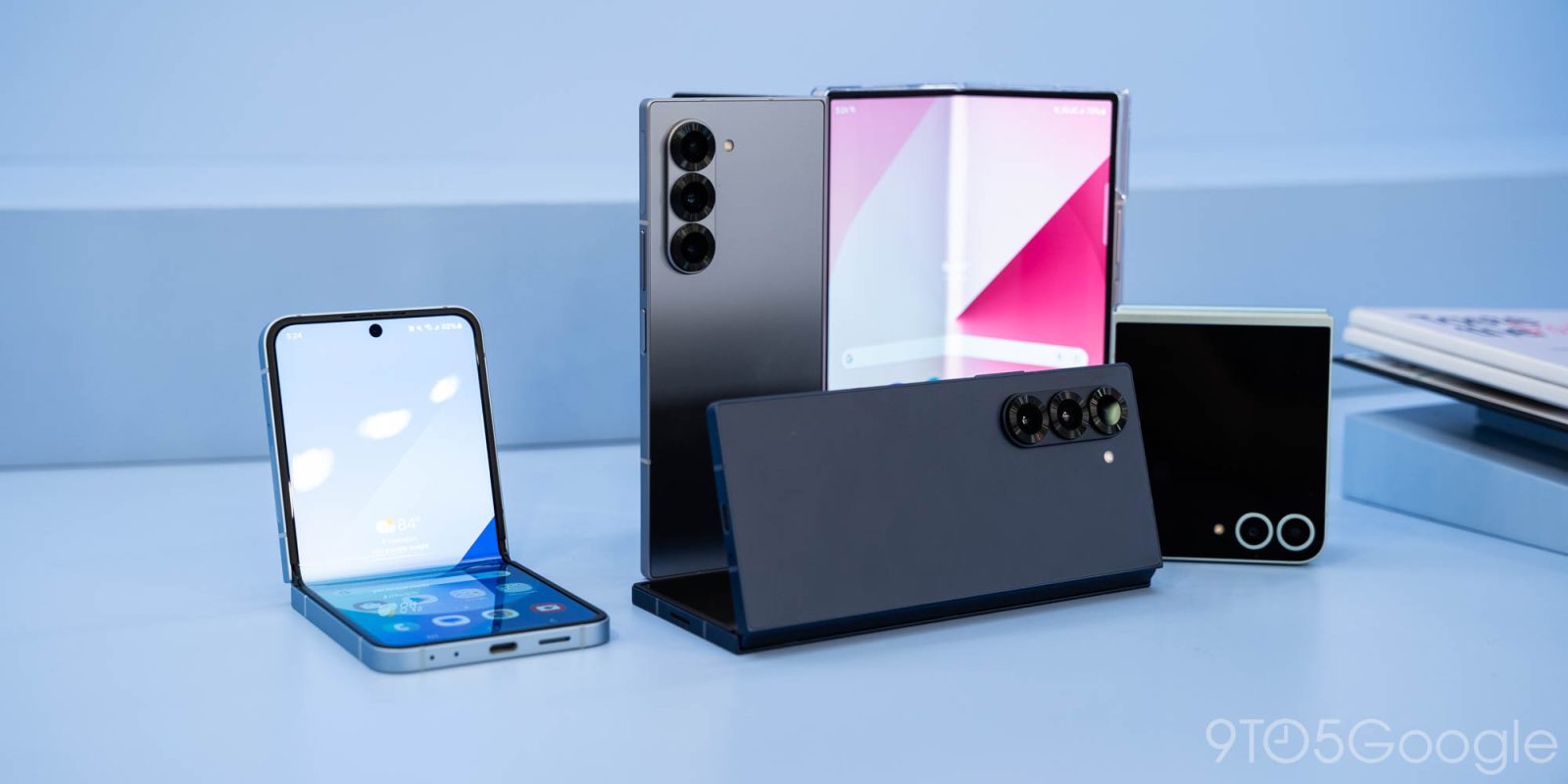
While you could call this a knee-jerk reaction to recent product launch lineups, think about it briefly. Has Samsung lost some of its brand identity over the past few years?
Samsung’s rise to prominence was built on a foundation of bold design and cutting-edge features. They weren’t afraid to push boundaries, introducing features like large screens, curved displays, and powerful multi-lens cameras well before contemporaries.
In the past few launch windows, while Samsung has retained its position as the undoubted king of the Android space, the lack of real innovation has been obvious. We haven’t seen anything that has broken new ground from a company that led the industry and worked on everything from chips to tanks for a good few years.
Head-turning designs have become far more iterative and—dare we say it—resemble a familiar fruit-shaped competitor. Even their marketing campaigns seemed to lose their pep, focusing more on technical specs and color choices rather than the unique user experience Samsung products can offer.
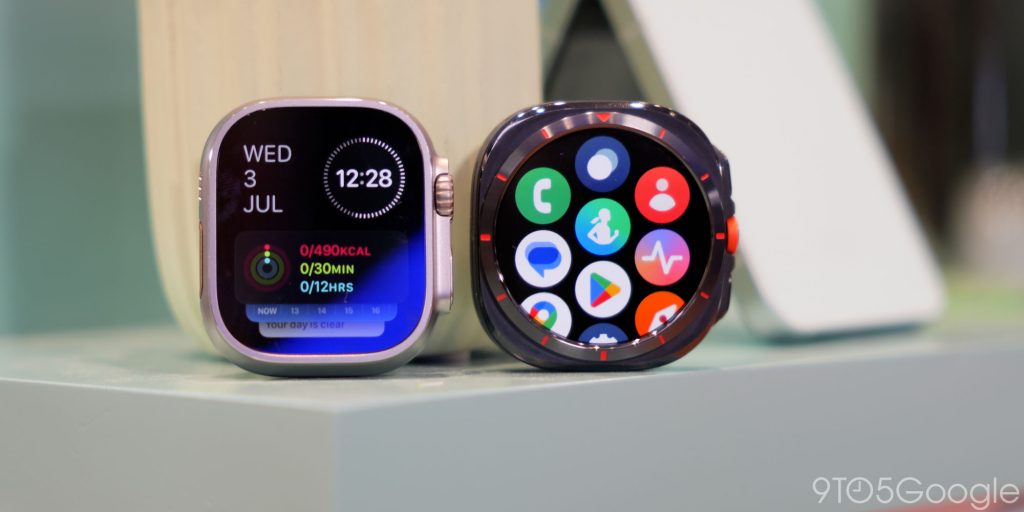
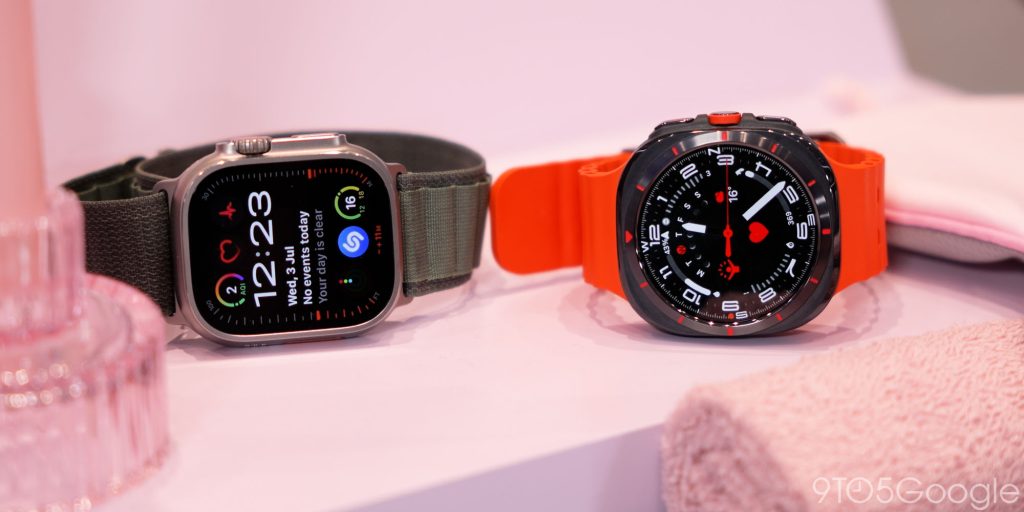
This isn’t to say Samsung hasn’t made good phones recently. Their latest Galaxy line boasts a number of form factors, impressive cameras, powerful processors, and beautiful displays. But there’s a nagging feeling of “been there, done that, slap a new number on the front.”
Despite this trailblazing, Samsung still can’t help but “borrow” or replicate certain aspects of Apple. Sure, putting their own spin on an ultra-premium rugged watch is one thing, but the Apple Watch Ultra has heavily influenced the Galaxy Watch Ultra.
One saving grace is that a few of Samsung’s prior design choices to craft something that feels out of place in the wider Galaxy lineup. The core design is lifted out of the Galaxy Gear Sport with the Hermes H08 DNA and some of Apple’s functionality thrown in. This medley of ideas can sometimes work, but right now, it feels confusing.
The Galaxy Ring is Samsung’s first real entry into a new hardware space since the original Galaxy Flip and Galaxy Fold. The latter duo is key to the lineup, but the lead that the Fold and Flip gained has been clawed at with other high-quality foldable devices like the OnePlus Open, Oppo Find N Flip, and Honor Magic V-series to name but a few.
A ring-style wearable has felt like an inevitability, but does it bolster the innovative identity that Samsung has cultivated over the years? I’m not so sure.
This smart ring offers fairly basic fitness tracking. It has a sleek design and a long battery life. The downside is that, while it works solo, it still works best with a Galaxy Watch and Galaxy phone. The form factor is interesting, but the “value add” is only for those heavily invested in the Samsung eco-system.
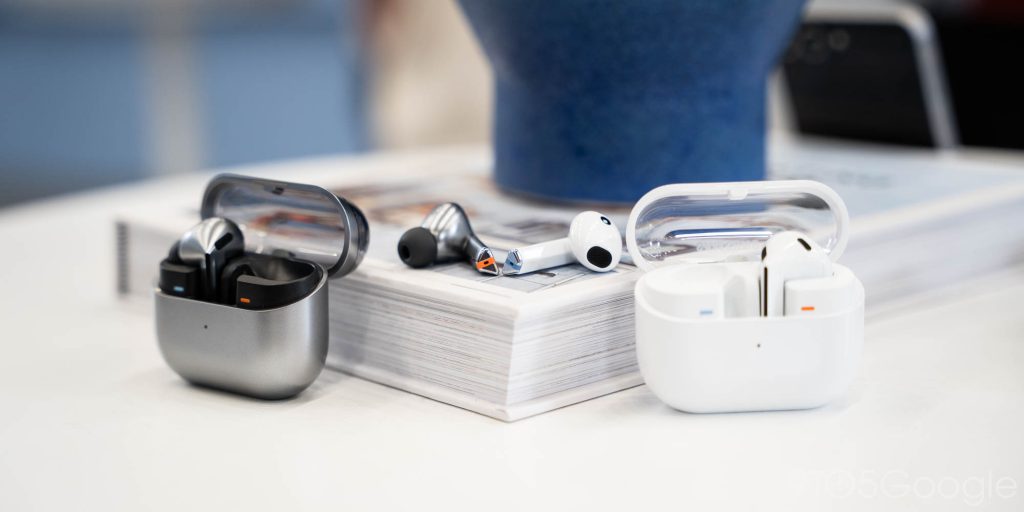
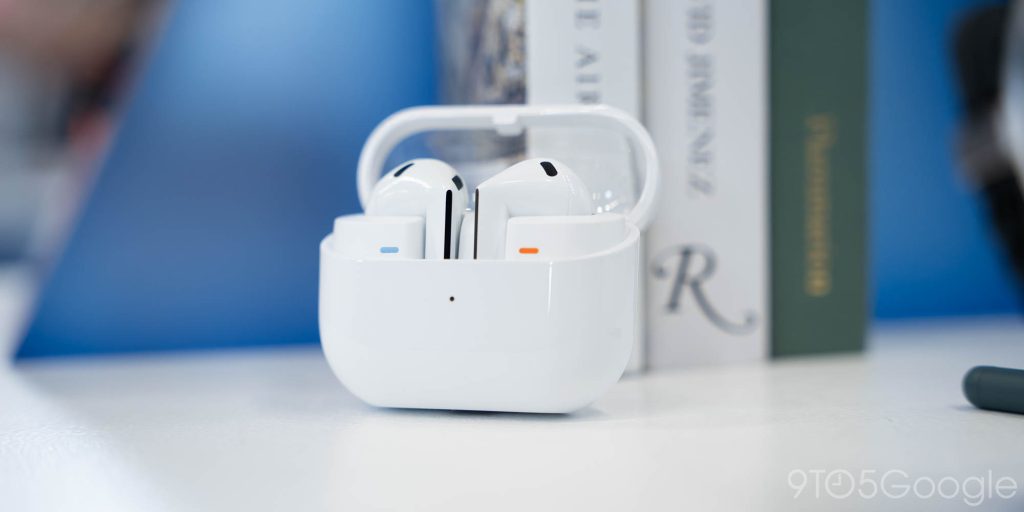
Samsung also launched several accessories that indicate more than at any other time that the Korean tech giant is struggling with some form of product identity crisis. For years, Samsung was adamant that the “bean” or “bud” earbud style was the signature of the company’s audio efforts. With the launch of the Galaxy Buds 3 and Galaxy Buds 3 Pro, Samsung has decided that what are, frankly, rip-offs of the AirPods and AirPods Pro, respectively, are objectively better design choices.
What does this say about the previous designs and R&D effort that was touted as reasons for the Galaxy Buds 2 and prior? That it was a waste of time? Even the color choices for devices have become a little more in-line with what Apple is doing – e.g. the Titanium Galaxy S24 Ultra. Why innovate in your own space when you can just lift ideas from the opposition and save the effort.
Samsung’s identity crisis: Where to now?
So, where does the company go from here? Regaining their distinctly Samsung brand identity requires a return to their innovative roots. In my opinion, the company needs to take risks and develop features that at first seem whacky or off the wall. There is less of an element of that at the moment. Unlike Google, Samsung has been making exceptional hardware for a long time now. They can afford to take more risks given the company dominates the Android space and everyone else is playing catch-up.
I have a theory about the catalyst for some of Samsung’s diminishing brand identity in recent years.
At least until 2019, Samsung had another competitor to worry about. The Korean tech giant had to duke it out with Huawei in the Android space while simultaneously combating Apple’s stranglehold of North America. Effectively, by having two competitors, Samsung needed to come out swinging with every single release.
You could easily argue that we’ve seen a plateau across the entire industry in recent years. It’s not just Samsung that has struggled with brand and product identity. That is a fairly solid rebuttal, but think about it again. If the biggest player in the Android space is almost conceding that some of Apple’s core product designs need to be implemented into their products, is that a good look?
FTC: We use income earning auto affiliate links. More.




Comments